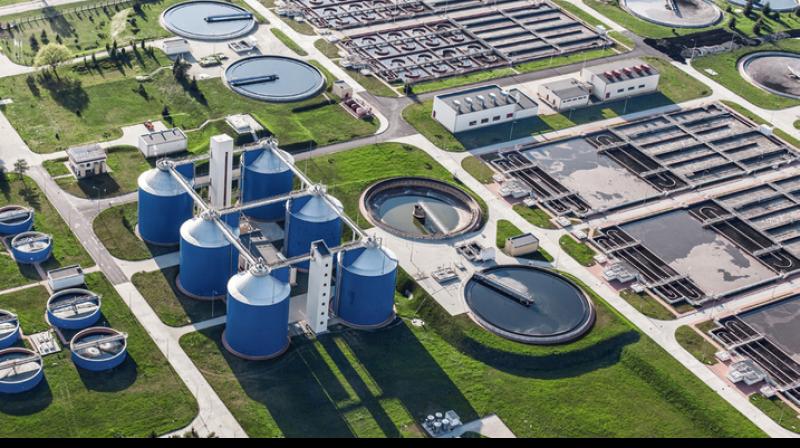EFFLUENT TREATMENT PLANTS IN BANGALORE

Effluent treatment plants, often referred to as ETPs, play a crucial role in safeguarding the environment and public health by treating and purifying wastewater generated by industrial processes, municipal sewage, and other sources before its discharge into the ecosystem. These plants are designed to remove various pollutants, contaminants, and impurities from the effluent, making it safe for release into natural bodies of water or for reuse. Effluent treatment plants typically consist of multiple treatment stages, each serving a specific function in the purification process. Primary treatment involves the physical removal of large solids through processes like sedimentation and filtration, while secondary treatment employs biological processes to break down organic matter, reducing biochemical oxygen demand (BOD) and chemical oxygen demand (COD). Tertiary treatment further refines the effluent by removing residual contaminants and achieving the required quality standards.
